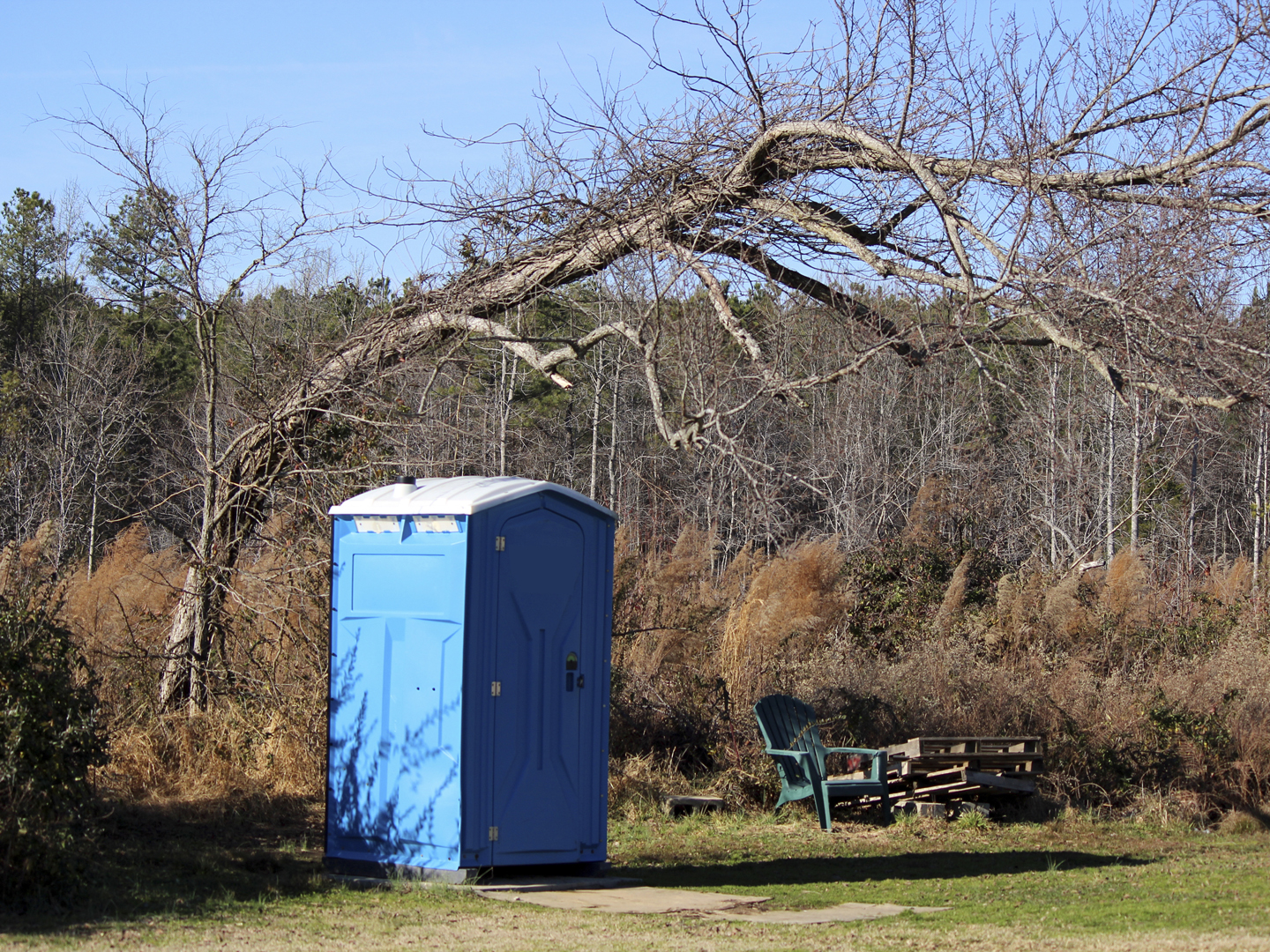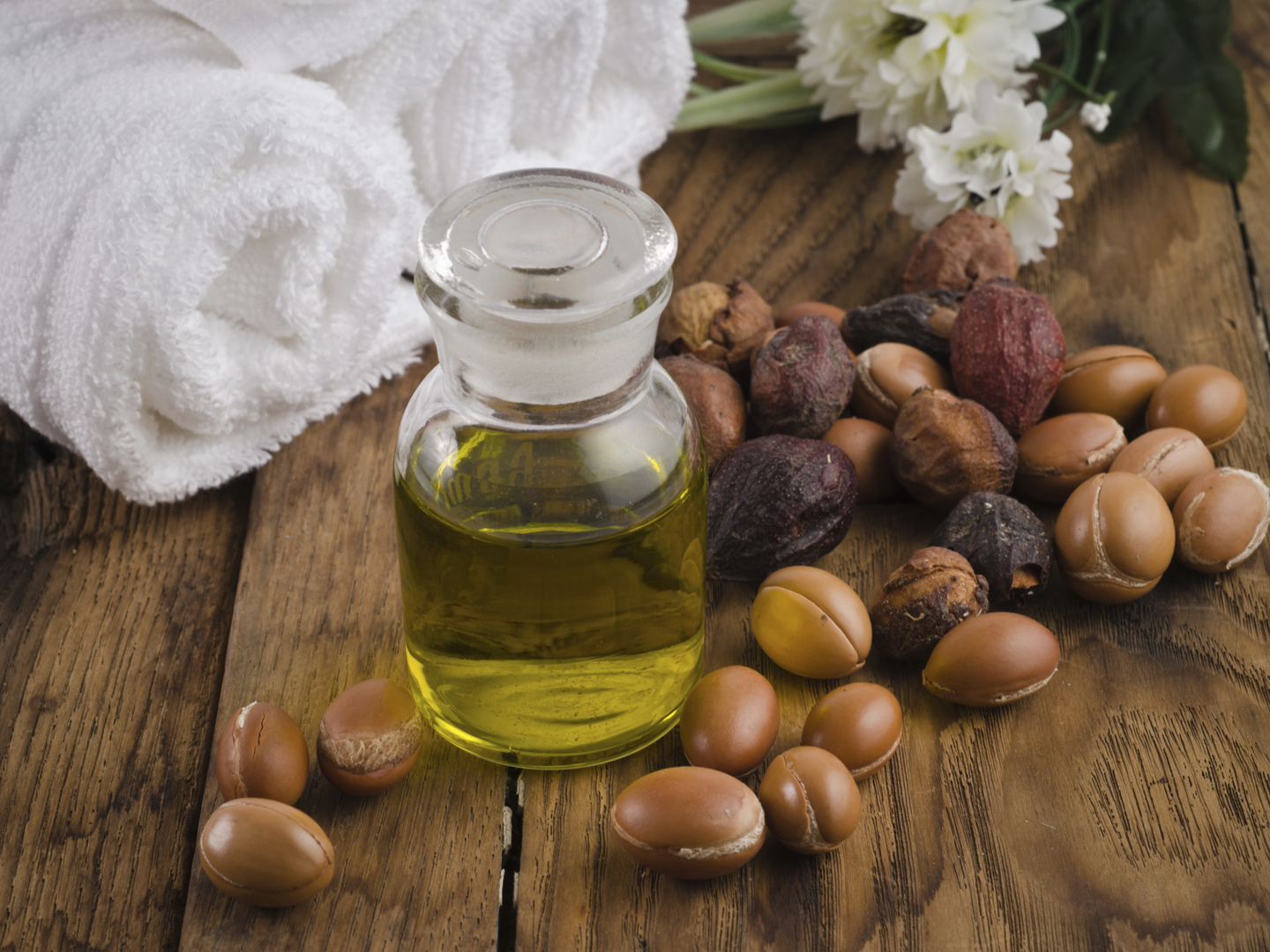Urinating Too Much?
What is the best treatment for diabetes insipidus? Is there any cure? What are the best herbs to use?
Andrew Weil, M.D. | January 27, 2009

Diabetes insipidus (DI) is a rare disease that causes increased urination (indeed, the literal meaning of the Greek term “diabetes” is “excessing urine discharge”). The kind of diabetes that we usually encounter is diabetes mellitus (from the Greek word for “sweet”), also known as DM and “sugar diabetes.” In DM, the increased urinary output is a symptom of excess sugar in the blood (and urine) due to problems with insulin, whereas in DI, the urine is insipid (tasteless) because it is very dilute. The large volume excreted is mostly water. Blood sugar and insulin levels are normal in DI, which has nothing in common with DM except the name.
There are several forms of DI. The most common is called central or pituitary DI and stems from damage to the pituitary gland as a result of head injury, brain surgery or, sometimes, a tumor. The disease can run in families and can also be caused by certain drugs like lithium. In 25 percent of all cases, no cause can be found.
Whatever the cause, the pituitary damage disrupts the normal release of antidiuretic hormone (ADH). Made in the adjacent hypothalamus, ADH is stored in the pituitary and released into the bloodstream as necessary. It controls water balance in the body by directing the kidneys to reabsorb water and decrease urinary output when necessary. The ADH deficiency that characterizes DI results in constant water loss through excessive production of dilute urine. Affected individuals may feel thirsty all the time. The frequent urination continues at night, disrupting sleep and, sometimes, causing bedwetting. And you risk dehydration if you don’t drink enough water to make up for what you lose. (Always have a water supply with you.)
If the symptoms don’t bother you, you may not need treatment – but you should see your physician for regular monitoring. When necessary, pituitary DI is treated with the synthetic hormone desmopressin, in the form of a nasal spray. It acts much like natural ADH. I’m afraid I know of no herbs or supplements that can aid in the treatment of any form of DI.
Andrew Weil, M.D.









